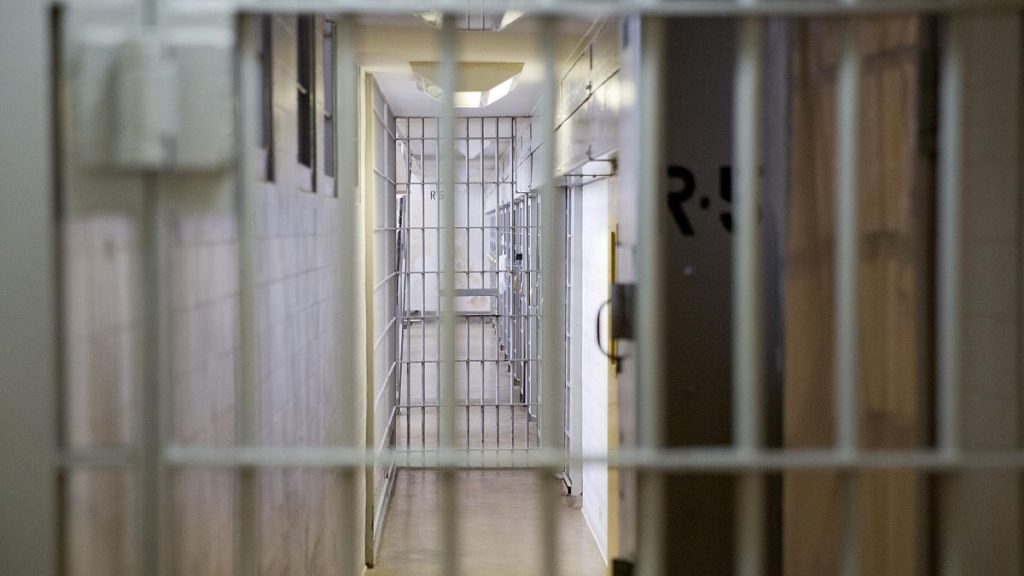The alarming rise of drone-enabled contraband smuggling into UK high-security prisons poses a significant threat to national security, staff safety, and public well-being. Chief Inspector of Prisons, Charlie Taylor, has issued an urgent call for action, highlighting the ease with which organized crime gangs exploit vulnerabilities in airspace security at HMP Manchester and HMP Long Lartin. These drones deliver not only drugs and mobile phones but also weapons, empowering dangerous inmates and fueling internal violence and potential escape attempts. The failure to effectively counter this sophisticated smuggling operation effectively cedes control of the airspace to these criminal networks, compromising the integrity of the prison system and jeopardizing public safety.
The pervasiveness of contraband within these facilities fosters a thriving illicit economy, exacerbating existing issues like violence, drug abuse, and self-harm. Inmates at HMP Manchester, identified as one of the most violent prisons in the country, resorted to burning holes in supposedly secure windows to facilitate drone deliveries, demonstrating the extent of their control and the inadequacy of existing security measures. The ready availability of drugs, highlighted by high positive drug test rates and inmate testimonies, fuels a cycle of debt and violence within the prison walls, undermining efforts to maintain order and rehabilitation. Furthermore, the deterioration of basic security measures like protective netting and CCTV systems further exacerbates the problem, creating an environment ripe for exploitation by criminal elements.
The implications of this security breach extend beyond the prison walls. The potential for armed and dangerous inmates to orchestrate escapes or engage in further criminal activity from within the prison poses a direct threat to public safety. The unchecked flow of weapons into these facilities, combined with the power dynamics created by the illicit economy, creates a volatile and unpredictable environment, putting both staff and the wider community at risk. The failure to address this issue allows organized crime to operate with impunity, undermining the rule of law and eroding public confidence in the justice system.
The urgent notification issued for HMP Manchester underscores the severity of the situation. The findings of chronic rodent infestation, in addition to the high rates of assault on staff and fellow inmates, paint a picture of a prison system struggling to maintain basic standards of hygiene, safety, and control. The combination of these factors creates a breeding ground for further criminal activity and radicalization, undermining any attempts at rehabilitation and posing a long-term threat to society. The situation demands immediate and decisive action to restore order, strengthen security, and disrupt the flow of contraband.
Overcrowding in the UK prison system further complicates the issue, straining resources and exacerbating existing challenges. With the prison population in England and Wales nearing capacity, the limited resources available are stretched thin, hindering efforts to effectively address the drone problem and other security concerns. While the current government has implemented measures to alleviate overcrowding, such as early release programs, these solutions must be carefully balanced against the need to ensure public safety and maintain the integrity of the justice system. A comprehensive approach is needed, focusing on both short-term solutions to address the immediate crisis and long-term strategies to reform the prison system and reduce recidivism.
Addressing the drone threat requires a multi-pronged approach involving enhanced technological solutions, improved staff training, and increased intelligence gathering. Investing in advanced drone detection and interception technology is crucial to regaining control of the airspace above these high-security facilities. Furthermore, strengthening existing security measures, such as repairing protective netting and upgrading CCTV systems, is essential to deter smuggling attempts and maintain a secure perimeter. Improving staff training and providing them with the resources they need to effectively monitor and respond to drone activity is equally important. Finally, enhanced intelligence gathering and collaboration between prison authorities and law enforcement agencies can help identify and disrupt the organized crime networks responsible for orchestrating these operations. A decisive and comprehensive strategy is needed to address this growing threat and restore the integrity of the UK prison system.














